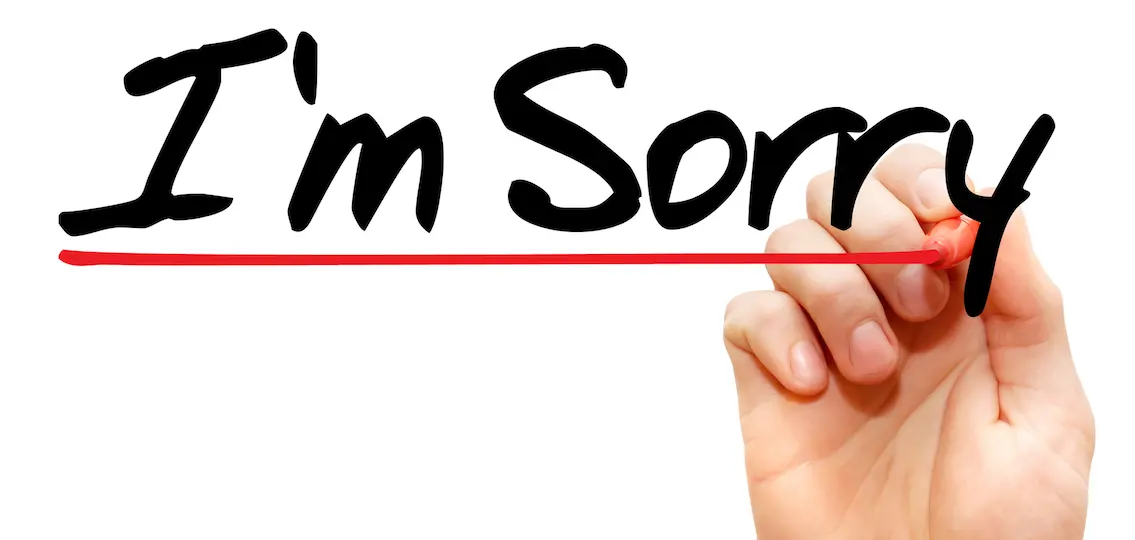Your teenager bursts through the front door, awash in hysterical tears. Calmly, you sit her down, and through her sobs, you learn about a bad fight with her best friend—something to do with a text, some gossip, a betrayal.

All of us sometimes say or do things we regret, and teenagers are no different. When a teen causes hurt or makes a mistake, they’re likely to feel remorseful, guilty, or uneasy. They know deep down they should apologize, but they may hesitate, afraid of admitting fault or appearing weak.
So how can you help your teenager navigate this important social grace?
The answer, like so many phases of parenting, is to walk them through situations that require a new skill—in this case, how to apologize sincerely.
Think of the last time you separated a pair of squabbling toddlers and told one to say “I’m sorry” for grabbing away the toy. When an older child’s behavior calls for an apology, merely parroting the words won’t cut it. Use teachable moments, like that fight with a friend, to help them consider their actions.
How to Say Sorry (and Mean It)
A sincere apology requires four stages of action:
1. Recognize the offense.
Help your teen identify their feelings of regret over something they’ve done or said. Their cue: What do they wish they could take back?
2. Tap into a sincere feeling of regret.
Encourage empathy by asking powerful questions. “How would you feel if someone did that to you?” may be a cliché, but it can help your teen adopt the other person’s perspective.
3. Use words that clearly express remorse.
Help them crystallize the truth about what they did: “I’m sorry I talked about you behind your back, and I feel bad that I hurt you.”
4. Resolve to make things right.
If something was lost or damaged, insist that your teen offer to repair or replace it, even if it means saving up their allowance for many weeks. If the harm was emotional, not physical, have your teen ask, “Is there anything I can do to make things better?”
What if your teen causes more significant harm, like crashing a borrowed car or playing a hurtful prank? The same principles apply: Help them empathize with the person they hurt, find the right words and actions that will set things right, and follow through bravely.

Soon they’ll figure out that apologizing is a sign of honesty, courage, and maturity, rather than a sign of weakness. And knowing when to apologize is a skill that can later translate into workplace accountability, healthy adult relationships, and so much more.




